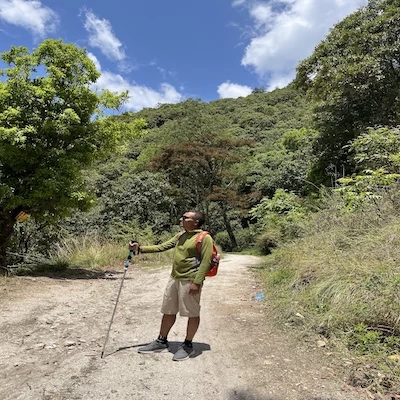Bhutan reduces its SDF Tourism Tax to USD 100 per night!
Possible positive Impact of reducing SDF in Bhutan
Bhutan's Sustainable Development Fee (SDF), while instrumental in promoting sustainable tourism, has prompted discussions about the potential benefits of reducing it to attract a broader range of visitors. A strategic reduction in the SDF could indeed pave the way for increased tourism while still maintaining the country's commitment to conservation and responsible travel.
Lowering the SDF during certain periods or for specific demographics could entice budget-conscious travellers, families, and explorers seeking longer stays. A reduced fee might also encourage a more diverse range of travellers to experience Bhutan's unique culture, landscapes, and traditions.
By reducing the SDF, Bhutan could tap into the burgeoning trend of conscientious travellers who prioritise immersive experiences and cultural exchange. This approach aligns with Bhutan's philosophy of "high value, low impact" tourism, allowing a broader spectrum of travellers to contribute positively to the country's economy and local communities.
This well-calibrated reduction in Bhutan's SDF has the potential to unlock new avenues for tourism, benefiting both the nation's economy and global travellers. By aligning with evolving travel trends and diversifying its visitor base, Bhutan can continue to be a shining example of responsible and sustainable tourism.
History of SDF, the Tourism Tax in Bhutan
The history of the SDF dates back to 1999 when Bhutan opened its doors to limited tourism, aiming to strike a balance between economic development and environmental preservation. The government recognised the potential risks to its pristine landscapes and distinct culture from unrestricted tourism.
In response, the SDF was introduced as a mandatory fee for all tourists, with the dual purpose of generating revenue and regulating the number of visitors.
Initially set at a rate of $200 to $250 per day, the SDF was an all-inclusive fee covering accommodation, meals, transportation, and a licensed guide. This approach ensured that tourists had a guided experience, allowing them to immerse themselves in Bhutanese culture while minimising negative impacts.
Importantly, a portion of the fee was allocated to fund education, healthcare, and rural development, directly benefiting local communities and promoting sustainable growth.
As Bhutan's reputation for its unique approach to tourism grew, so did the number of visitors. Recognising the need to adapt to changing circumstances while maintaining its commitment to sustainability, the Bhutanese government revised the SDF fee structure in 2012. The revised fee introduced a tiered system based on the tourist season: high season and low season. During the high season (spring and autumn), the SDF was set at $250 per day.
During the low season (winter and summer), the fee was reduced to $200 per day. This strategic adjustment aimed to encourage tourism during off-peak periods, thus distributing the flow of tourists more evenly throughout the year and reducing congestion in popular destinations.
Moreover, in 2020, Bhutan made another significant update by introducing a daily Sustainable Development Contribution (SDC) of $16.20 per day. This new component was earmarked for the Bhutan Foundation, a nonprofit organisation dedicated to supporting education, conservation, and cultural preservation projects across the country.
Bhutan's SDF fee history is a remarkable evolution that reflects its commitment to balancing economic progress and environmental stewardship. The fee has not only contributed to funding essential services and development projects but has also acted as a strong deterrent against mass tourism. Bhutan's approach serves as a global model for responsible and sustainable tourism management, inspiring other nations to rethink their strategies.
The success of the SDF can be measured by Bhutan's ability to maintain its cultural identity, protect its natural resources, and uplift its citizens' well-being. While other tourist destinations grapple with issues such as overtourism and environmental degradation, Bhutan's SDF has proven that a well-implemented tourism policy can be a win-win for both tourists and host communities.
Conclusion
Bhutan's Sustainable Development Fee is more than just a financial transaction; it's a manifestation of a nation's dedication to preserving its essence in the face of modern challenges. The fee's history showcases Bhutan's adaptability, resilience, and commitment to a harmonious coexistence between humans and nature.
As travellers around the world seek meaningful and sustainable experiences, Bhutan's SDF fee history remains an enduring example of how responsible tourism can pave the way for a brighter, more balanced future.



